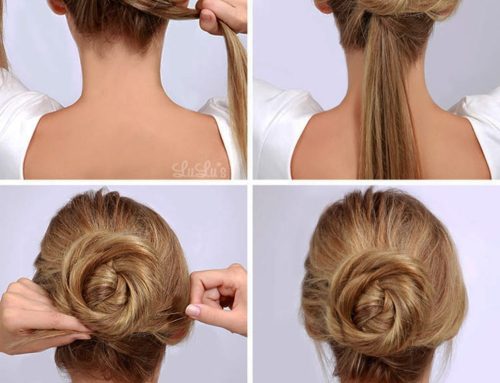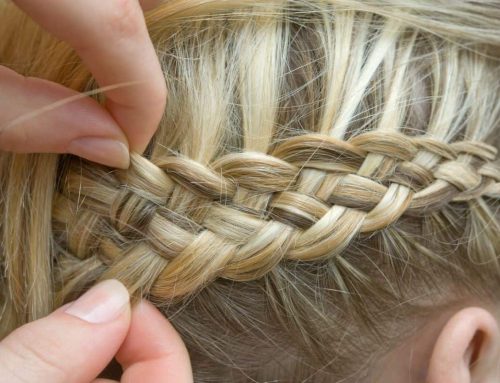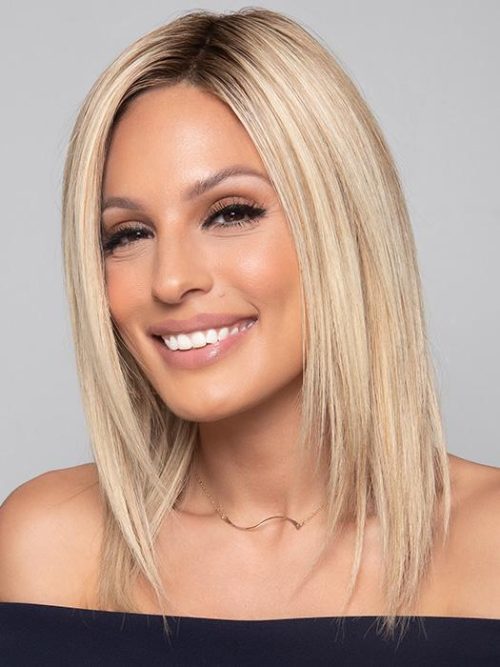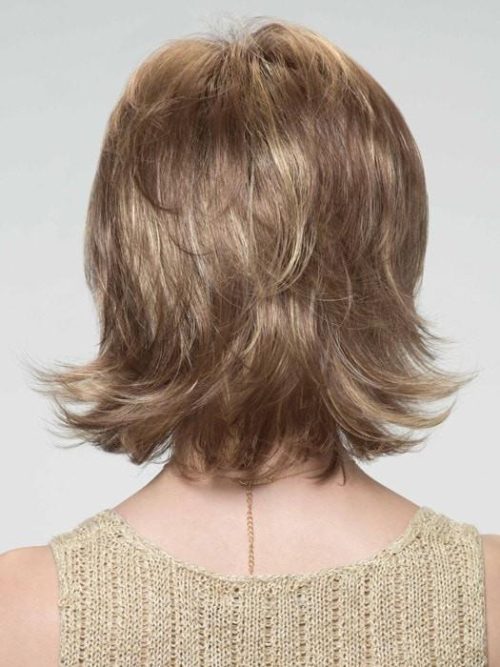Welcome, New Mom!
Congratulations on your new bundle of joy! As you embark on this journey of motherhood, there’s one hurdle that often catches many women off guard: postpartum hair loss. But fret not! In this guide, we’ll delve into the causes, debunk myths, and offer practical tips to help you regain your gorgeous locks.
Whether you’re a first-time mom or a seasoned veteran, consider this your go-to resource for navigating postpartum hair recovery. Let’s unravel the mysteries of reclaiming your hair together!
Understanding Postpartum Hair Loss
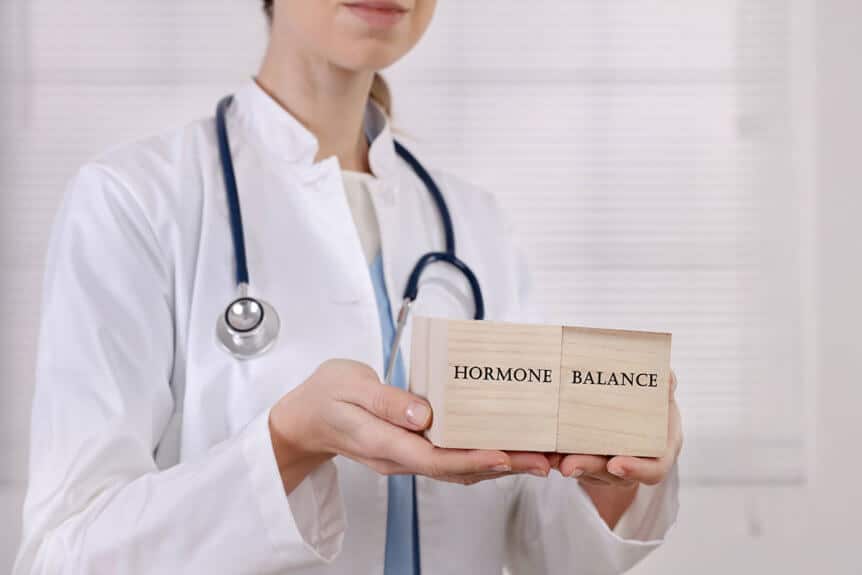
Postpartum hair loss, scientifically termed postpartum shedding or telogen effluvium, refers to the hair loss experienced by many women after childbirth. It’s a natural phenomenon driven by hormonal shifts. During pregnancy, hair growth is prolonged, resulting in thicker hair. However, once you’ve given birth, hormone levels return to normal, causing a phase of rest followed by increased hair shedding. While it can be alarming, rest assured that postpartum hair loss is part of the normal post-birth experience. Understanding its causes and proper care during this period can help minimize its effects and promote healthy regrowth.
Related Articles:
When Does Postpartum Hair Loss Occur?
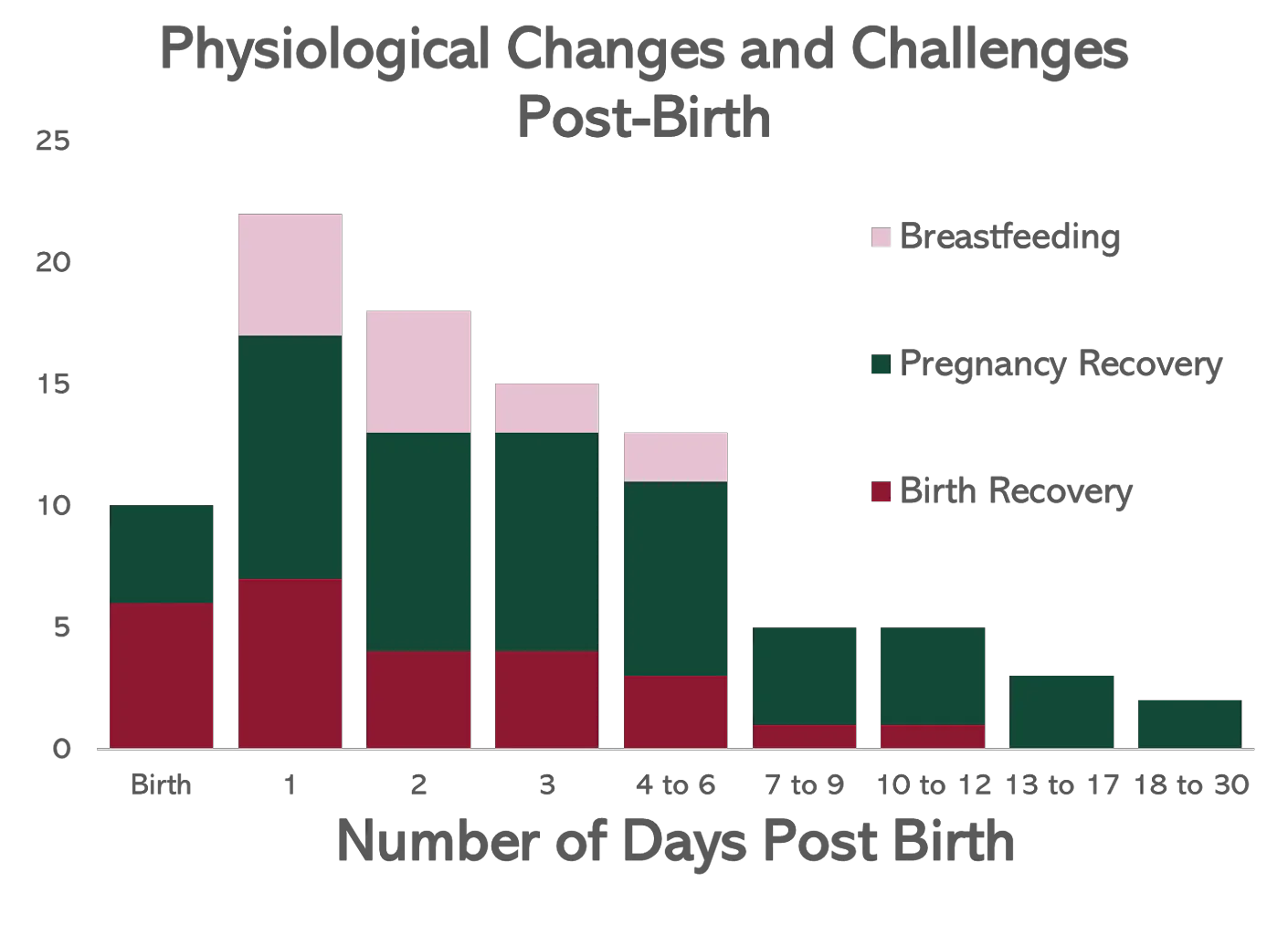
Postpartum hair loss typically begins around 3 to 6 months after childbirth, aligning with the natural hair growth cycle. The duration of this shedding phase varies but usually lasts for several months, with some women experiencing increased shedding for up to a year post-birth. It’s important to remember that while it might seem significant, postpartum hair loss is temporary. As the hair growth cycle normalizes, new hair will emerge, and most women will regain their pre-pregnancy hair volume within subsequent months.
What Causes Postpartum Hair Loss?
The reasons behind postpartum hair loss vary from person to person. Let’s explore some of the primary factors contributing to this phenomenon.
#1 Hormonal Fluctuations
During pregnancy, elevated hormonal levels, particularly estrogen, prolong the hair growth phase, resulting in reduced shedding and thicker hair. However, after childbirth, as hormone levels drop, the hair cycle shifts, leading to increased shedding during the resting phase, known as telogen effluvium.
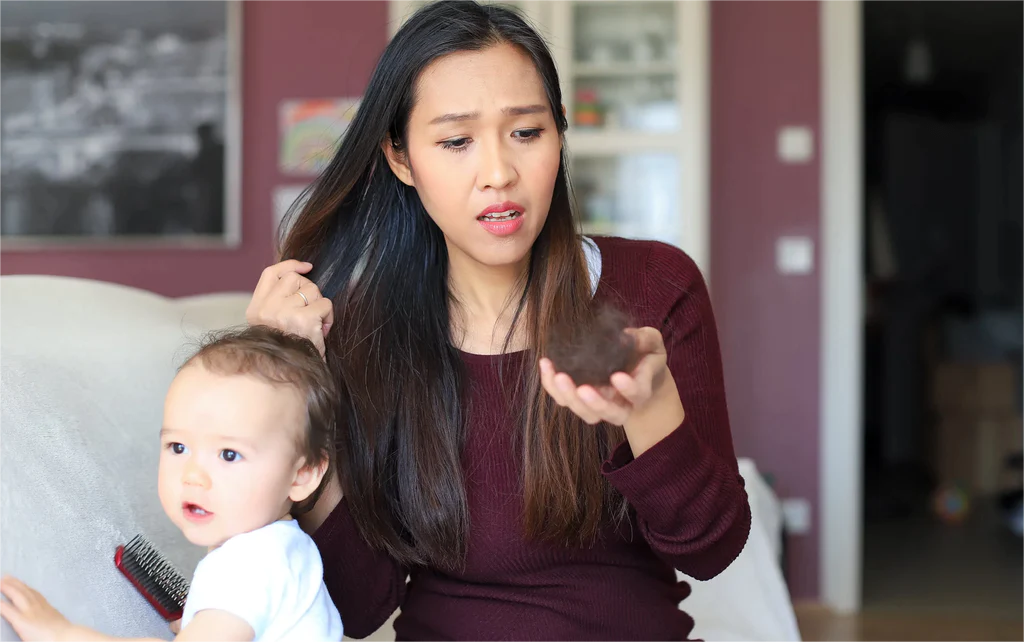
#2 Estrogen Withdrawal
The sudden decrease in estrogen levels post-birth can impact hair growth. Estrogen plays a vital role in maintaining hair in the growth phase, delaying shedding. When estrogen levels plummet, hair follicles enter the shedding phase, causing postpartum hair loss.
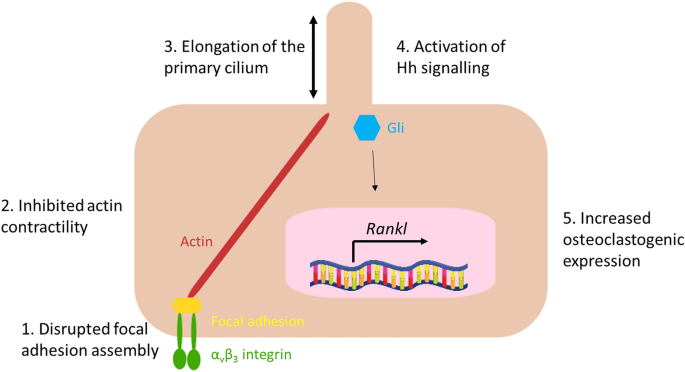
#3 Telogen Effluvium
Postpartum hair loss is often categorized as telogen effluvium, a temporary disruption of the hair growth cycle triggered by hormonal changes during pregnancy and childbirth. This leads to more hair follicles entering the resting phase and subsequent increased shedding.
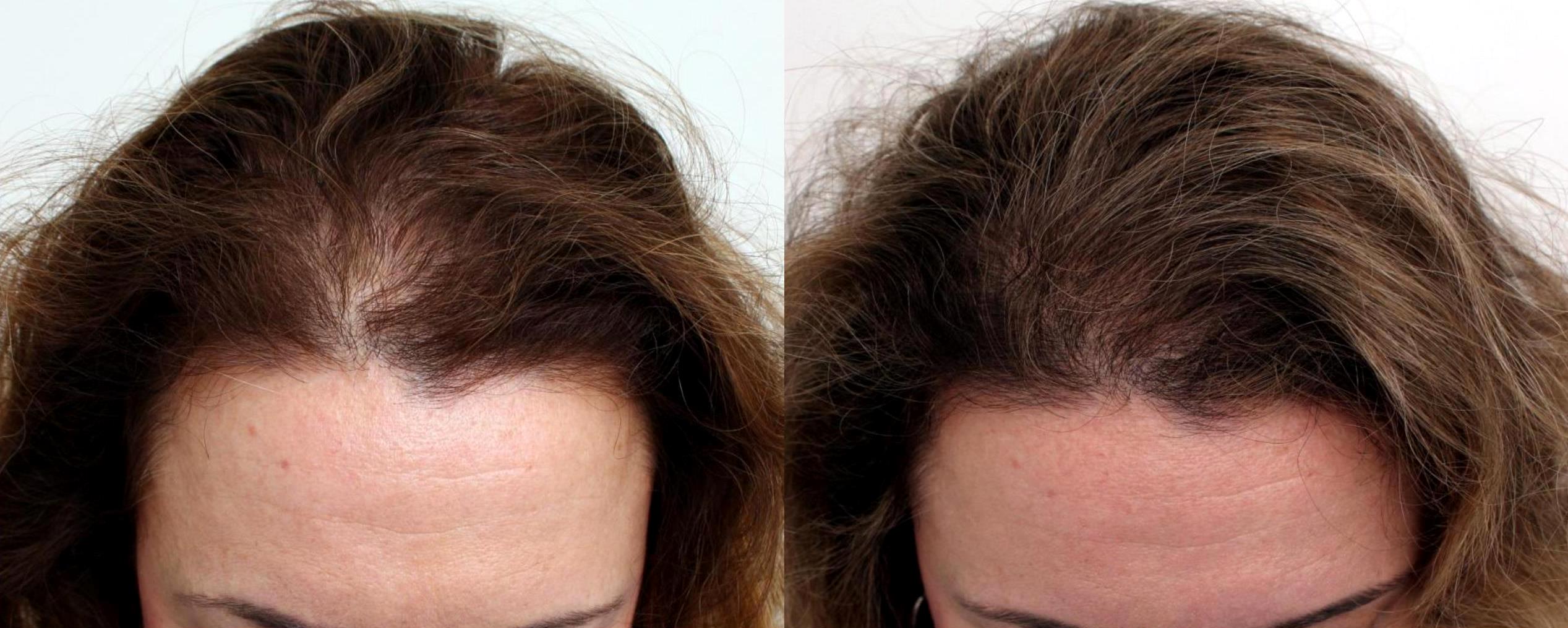
#4 Stress and Physical Strain
The stress and physical strain of pregnancy, childbirth, and newborn care can contribute to hair loss. Hormonal fluctuations and physical stressors disrupt the hair growth cycle, resulting in postpartum shedding.

#5 Nutritional Deficiencies
Pregnancy and breastfeeding deplete essential nutrients necessary for hair health. Inadequate intake of vitamins, minerals, and proteins can contribute to postpartum hair loss. Maintaining a balanced diet is crucial for supporting healthy hair regrowth.
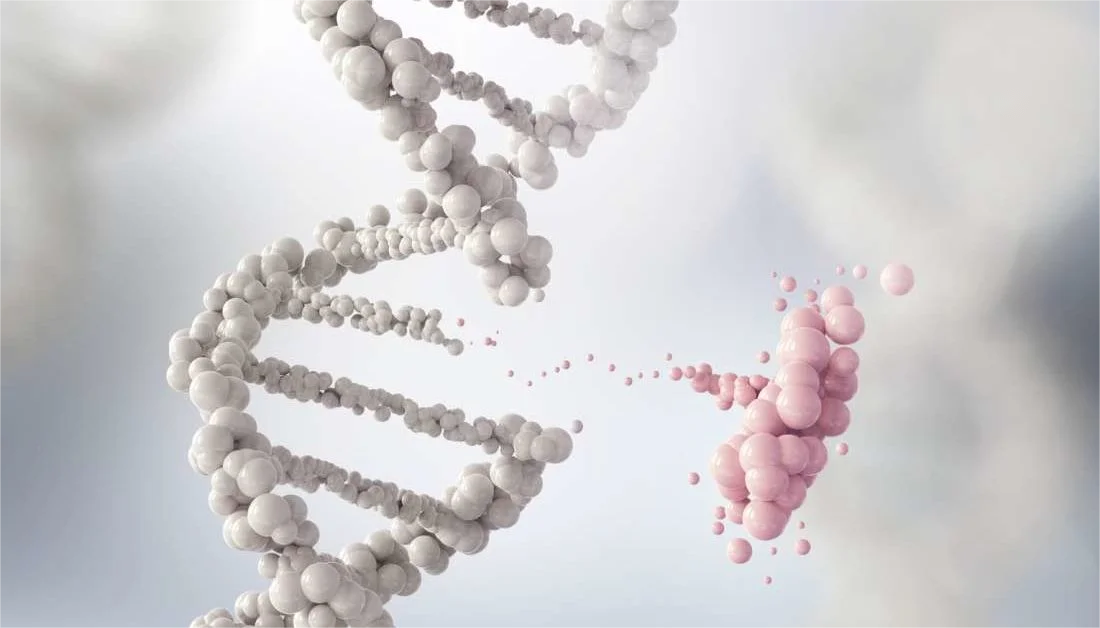
#6 Genetic Factors
Genetics play a role in a woman’s susceptibility to postpartum hair loss. Those with a family history of hair thinning or excessive shedding post-childbirth are more prone to experiencing it themselves. Genetic factors influence hormone sensitivity and hair follicle response to hormonal changes.

#7 Medical Conditions
Certain medical conditions, such as postpartum thyroiditis, can contribute to hair loss after childbirth. Thyroid disorders disrupt the hair growth cycle, resulting in hair loss. Other factors like nutrient deficiencies or anemia can also affect hair health.
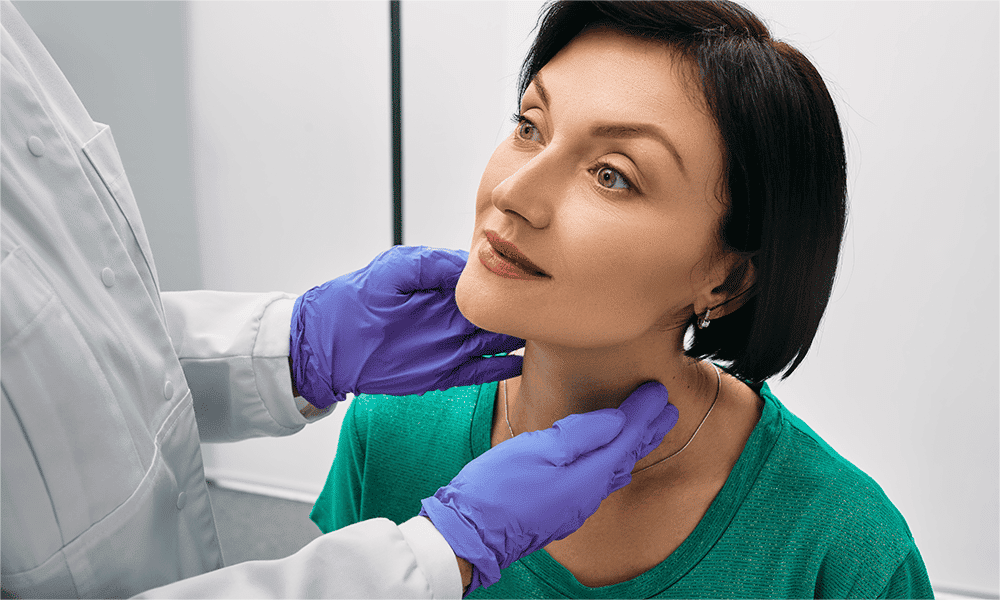
#8 Lifestyle Choices
Your lifestyle and hair care practices impact hair health. Excessive heat styling, chemical treatments, and tight hairstyles can stress and damage hair follicles, leading to thinning and increased shedding over time.
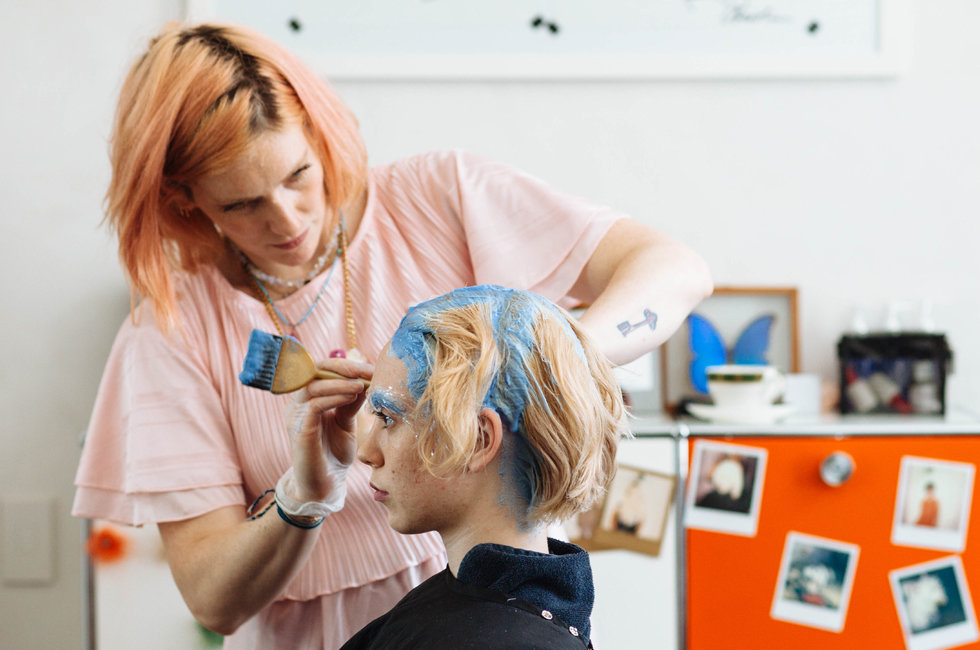
Strategies for Dealing with Postpartum Hair Loss

Navigating postpartum hair loss involves a blend of self-care techniques and lifestyle adjustments. Here are effective strategies to combat postpartum hair loss.
Approach #1: Boost Your Hair Health from Within
While postpartum hair loss can be distressing, the good news is that nutrition plays a crucial role in counteracting it. Incorporating specific nutrients into your diet can promote healthy hair growth:
- Protein: Hair primarily consists of protein, so ensure your diet includes ample sources such as poultry, fish, eggs, legumes, and dairy.
- Iron: Combat iron deficiency, a common cause of hair loss, by consuming iron-rich foods like lean red meat, spinach, lentils, and fortified cereals.
- Omega-3 Fatty Acids: Enhance scalp health and hair growth with omega-3-rich foods like fatty fish, walnuts, chia seeds, and flaxseeds.
- Biotin: Support hair health with biotin-rich foods such as eggs, nuts, seeds, sweet potatoes, and avocados. Consult a healthcare professional before considering biotin supplements.
- Vitamins A, C, and E: Boost hair follicle health with antioxidant-rich foods like carrots, citrus fruits, berries, leafy greens, almonds, and sunflower seeds.
- Zinc: Prevent hair loss associated with zinc deficiency by incorporating foods like oysters, beef, pumpkin seeds, and legumes into your diet.
- Stay Hydrated: Adequate water intake is essential for overall health, including hair health. Drink plenty of water throughout the day to stay hydrated.
Approach #2: Adopt Hair-Friendly Practices
While postpartum hair loss typically resolves on its own, adopting gentle hair care practices can minimize its impact and promote healthy regrowth:
► Opt for Mild Hair Products
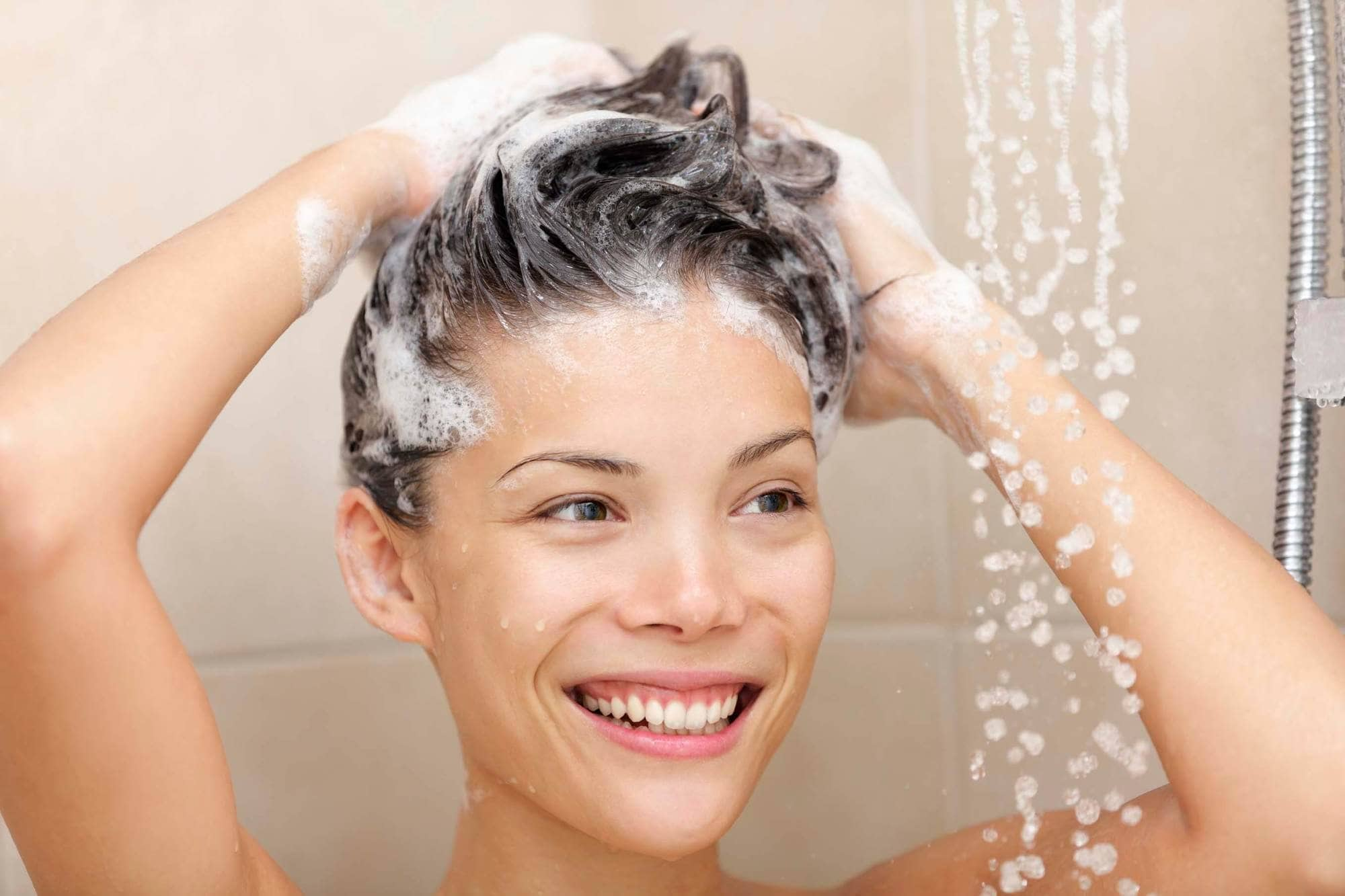
- Choose Gentle Formulations: Select shampoos and conditioners free from harsh chemicals and sulfates, opting for products promoting hair strength and growth.
- Consider Your Hair Type: Factor in your hair type, specific concerns, and personal preferences when choosing hair care products.
► Handle Your Hair with Care
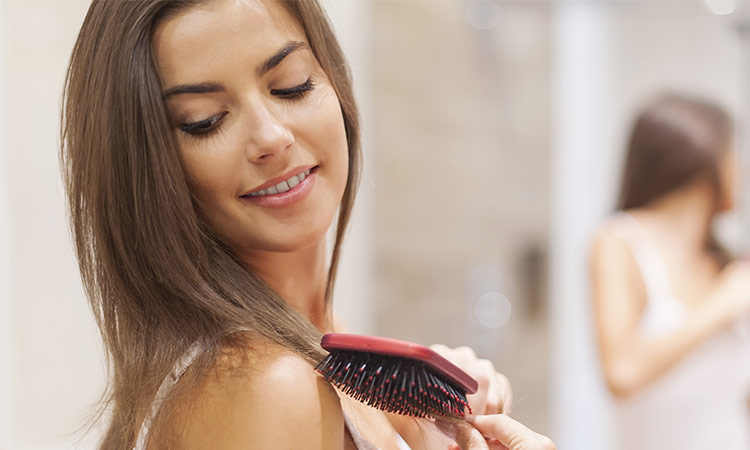
- Use Gentle Tools: Opt for wide-toothed combs or soft-bristled brushes to detangle hair, starting from the ends and working upwards.
- Minimize Manipulation: Avoid excessive touching, pulling, or twirling, and opt for loose hairstyles over styles that cause tension on hair follicles.
- Be Gentle During Washing: Use lukewarm water, apply shampoo to the scalp, and avoid rough towel-drying.
► Avoid Excessive Heat Styling and Harsh Chemicals
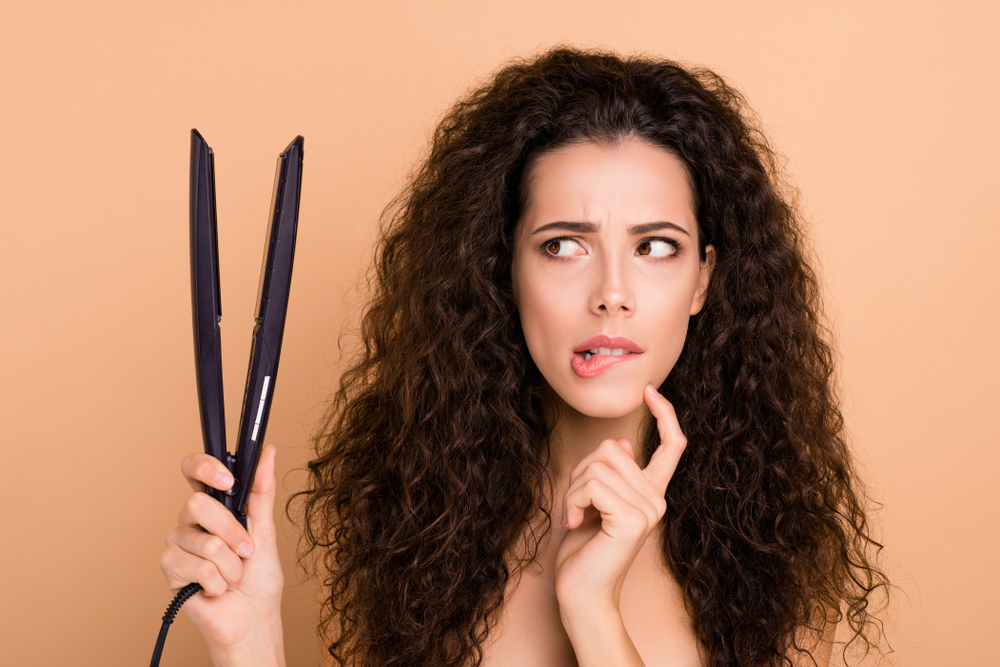
- Limit Heat Styling: Minimize the use of flat irons, curling irons, and blow dryers, opting for heat-free styling methods when possible.
- Read Product Labels: Avoid products containing sulfates, parabens, and opt for natural or organic options.
- Protect from the Sun: Shield your hair from UV damage by wearing a hat or using SPF-containing hair products when outdoors.
Approach #3: Prioritize Scalp Care for Optimal Hair Growth
Maintaining a healthy scalp is crucial for promoting hair growth and preventing loss. Consider these tips for scalp care:
► Incorporate Scalp Massages
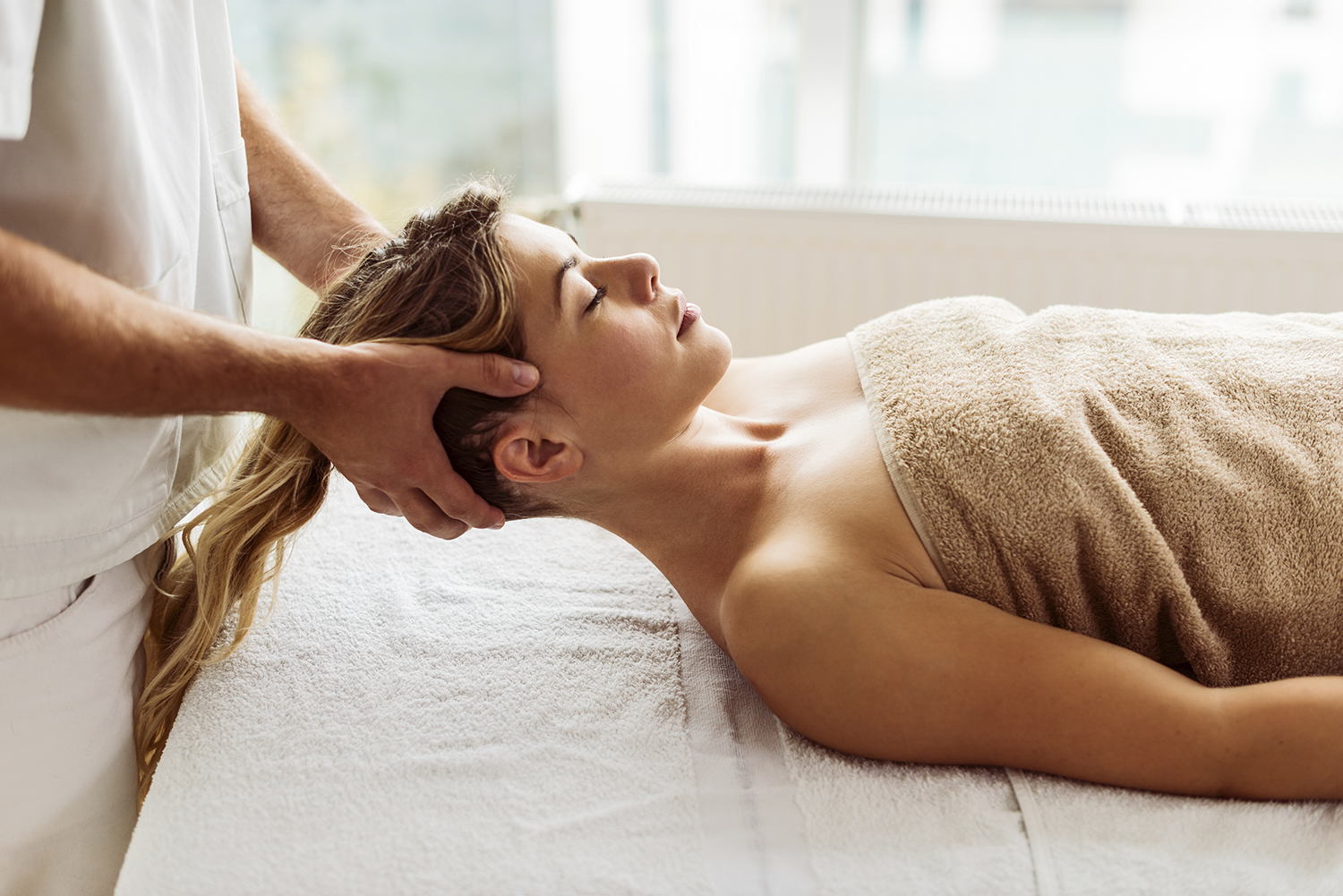
- Find Comfortable Position: Settle in a cozy spot to relax and focus on the massage.
- Warm Up Your Hands: Soak or rub your hands together to create a soothing sensation during the massage.
- Apply Oil: Use natural oils like coconut or almond oil to enhance the massage experience.
- Vary Pressure: Experiment with different pressure levels, focusing on problem areas gently.
- Massage Regularly: Aim for 5-10 minutes of scalp massage a few times a week for optimal results.
With these approaches, you can effectively tackle postpartum hair loss and nurture your hair back to health.
Revitalizing Your Scalp Naturally
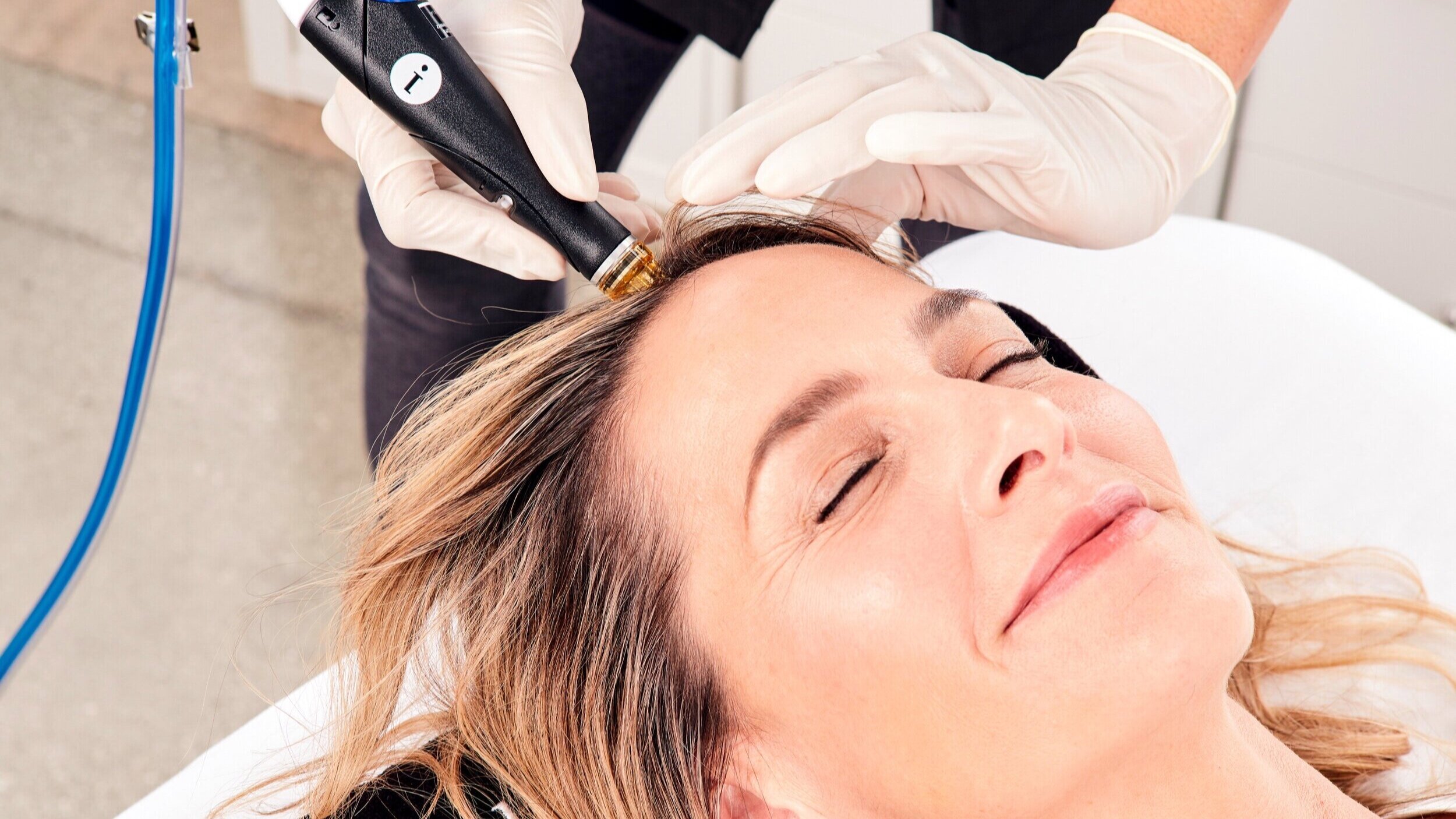
- Essential Oils: Utilize diluted essential oils like rosemary, lavender, or peppermint to nurture the scalp and encourage hair growth.
- Aloe Vera: Apply fresh aloe vera gel directly to the scalp to moisturize and soothe it.
- Apple Cider Vinegar: Balance pH levels and eliminate product buildup by rinsing your scalp with a mixture of apple cider vinegar and water.
- Onion Juice: Enhance blood circulation and stimulate hair growth by applying onion juice to the scalp.
- Healthy Diet: Ensure a balanced diet rich in fruits, vegetables, lean proteins, nuts, and seeds to provide essential nutrients for scalp and hair health.
Seeking Professional Assistance
► Consulting Dermatologists or Trichologists
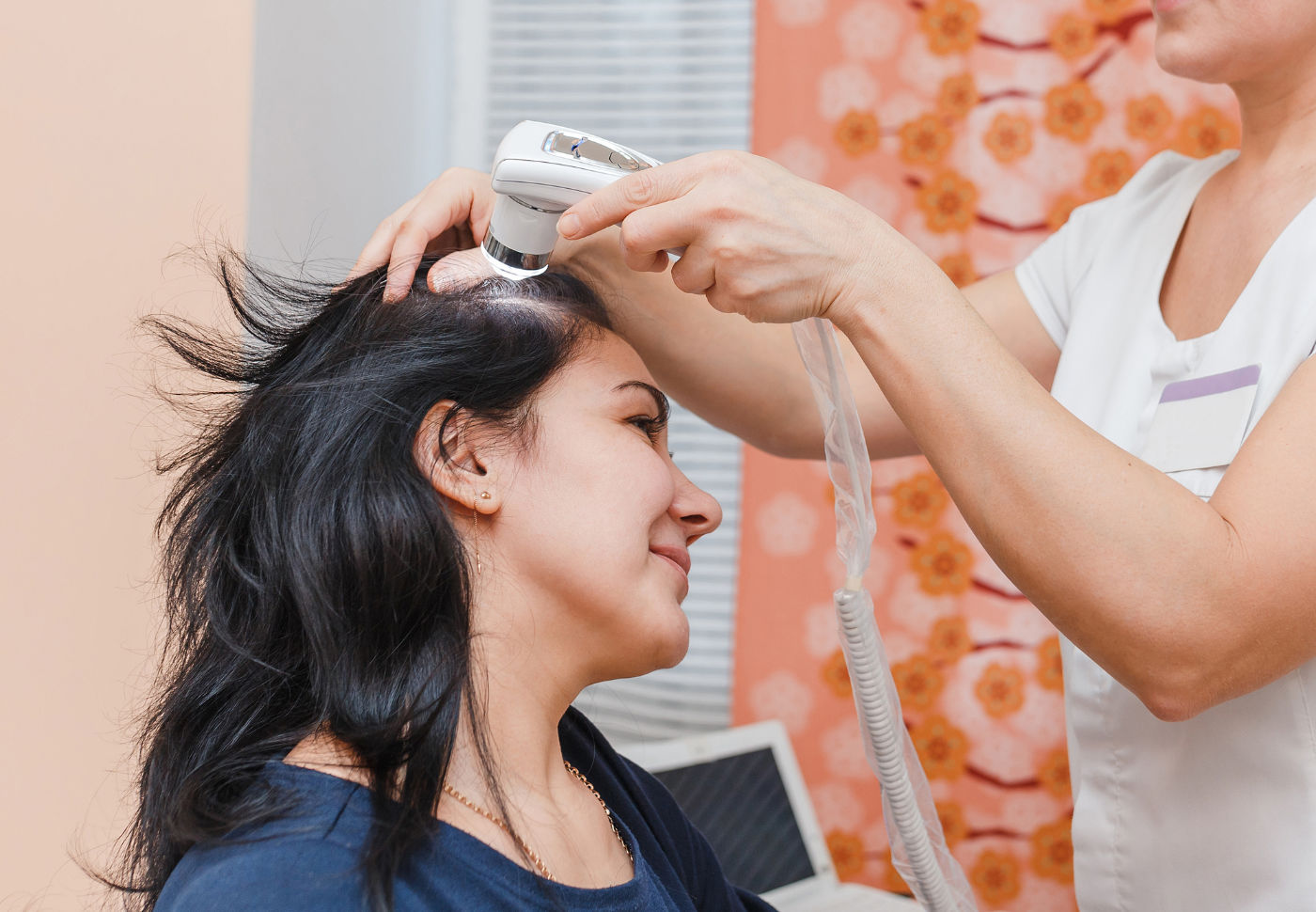
- If experiencing significant postpartum hair loss, consider consulting a dermatologist or trichologist specializing in hair and scalp issues. They can conduct examinations, assess medical history, and recommend treatments or lifestyle adjustments tailored to your needs.
► Exploring Medical Treatments and Therapies
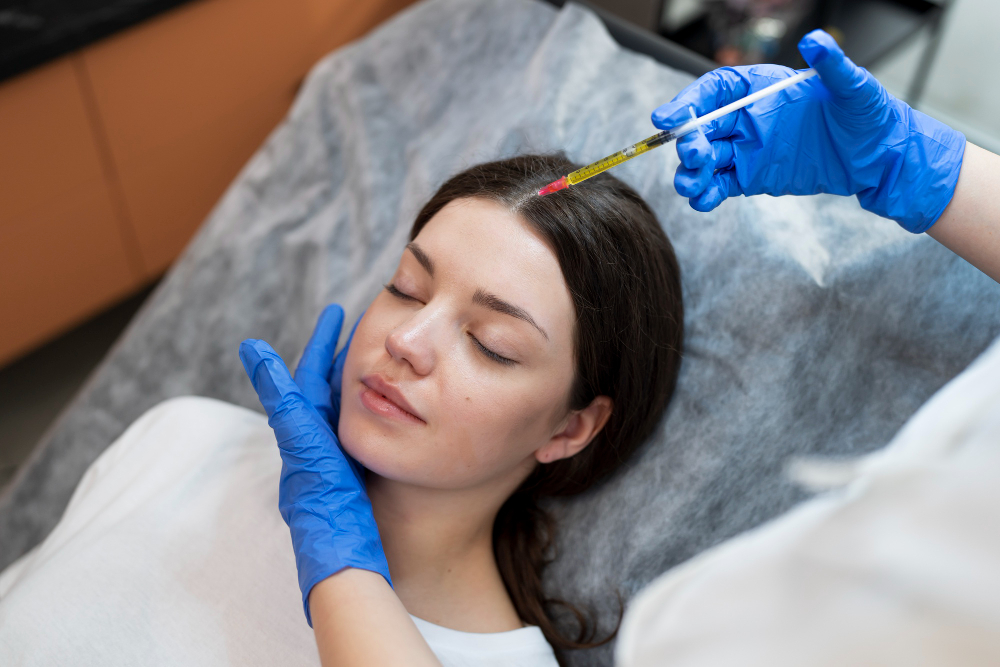
- Minoxidil: Over-the-counter medication applied to the scalp to stimulate hair growth.
- Hormone Therapy: Medications aimed at balancing hormones and fostering hair regrowth.
- Platelet-rich Plasma (PRP) Therapy: Injection of growth factors from your blood into the scalp to activate hair follicles.
- Nutritional Supplements: Consumption of supplements like biotin, iron, zinc, and vitamin D to support healthy hair growth.
- Adopting Good Hair Care Practices: Avoiding heat styling, tight hairstyles, and harsh chemicals, while opting for gentle products.
Self-Care and Emotional Support
Postpartum hair loss can pose emotional challenges, necessitating self-care and emotional support to navigate. Consider the following tips:
► Managing Emotional Impact

- Acknowledge the normalcy and temporality of postpartum hair loss.
- Engage in open conversations with partners, friends, or family members about your feelings.
- Seek camaraderie with other mothers experiencing similar challenges.
- Prioritize personal well-being through proper nutrition, exercise, and rest.
- Experiment with hairstyles to mitigate the appearance of hair loss.
- Exercise caution with hair care routines, avoiding aggressive treatments or styles.
- Reach out to professionals if emotional distress persists.
► Practicing Self-Care
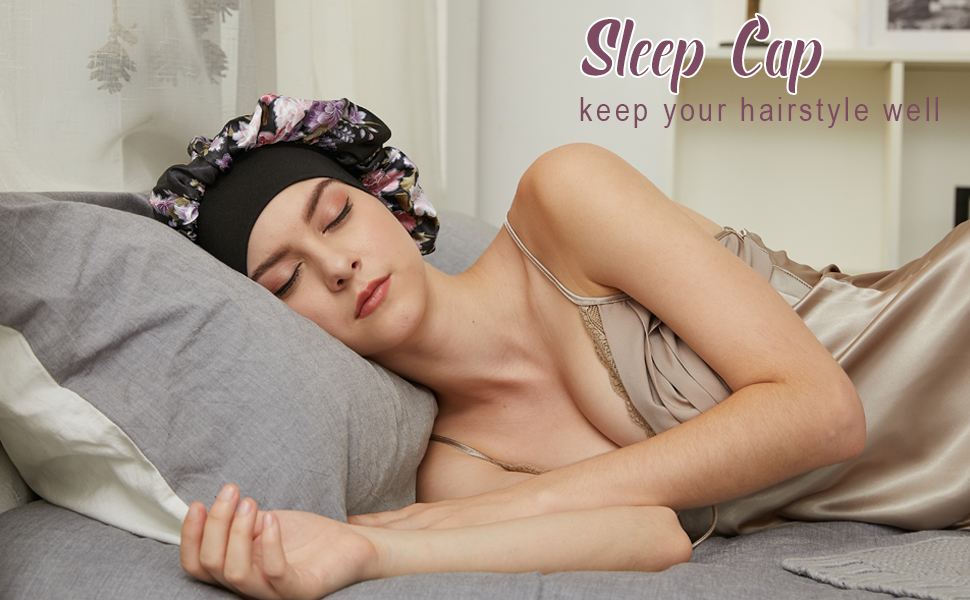
- Ensure adequate sleep, crucial for overall well-being and hair health.
- Treat your hair to weekly deep conditioning sessions for nourishment.
- Protect your hair while sleeping with a satin or silk scarf.
- Exercise patience and focus on overall health improvements.
► Building a Support Network

- Join online communities or local support groups dedicated to postpartum experiences.
- Attend meetups for new mothers to forge in-person connections and garner mutual support.
Embracing Your Unique Beauty
Embracing your beauty during postpartum hair loss is integral for maintaining self-confidence and emotional equilibrium. Remember:
► Celebrating Your Journey
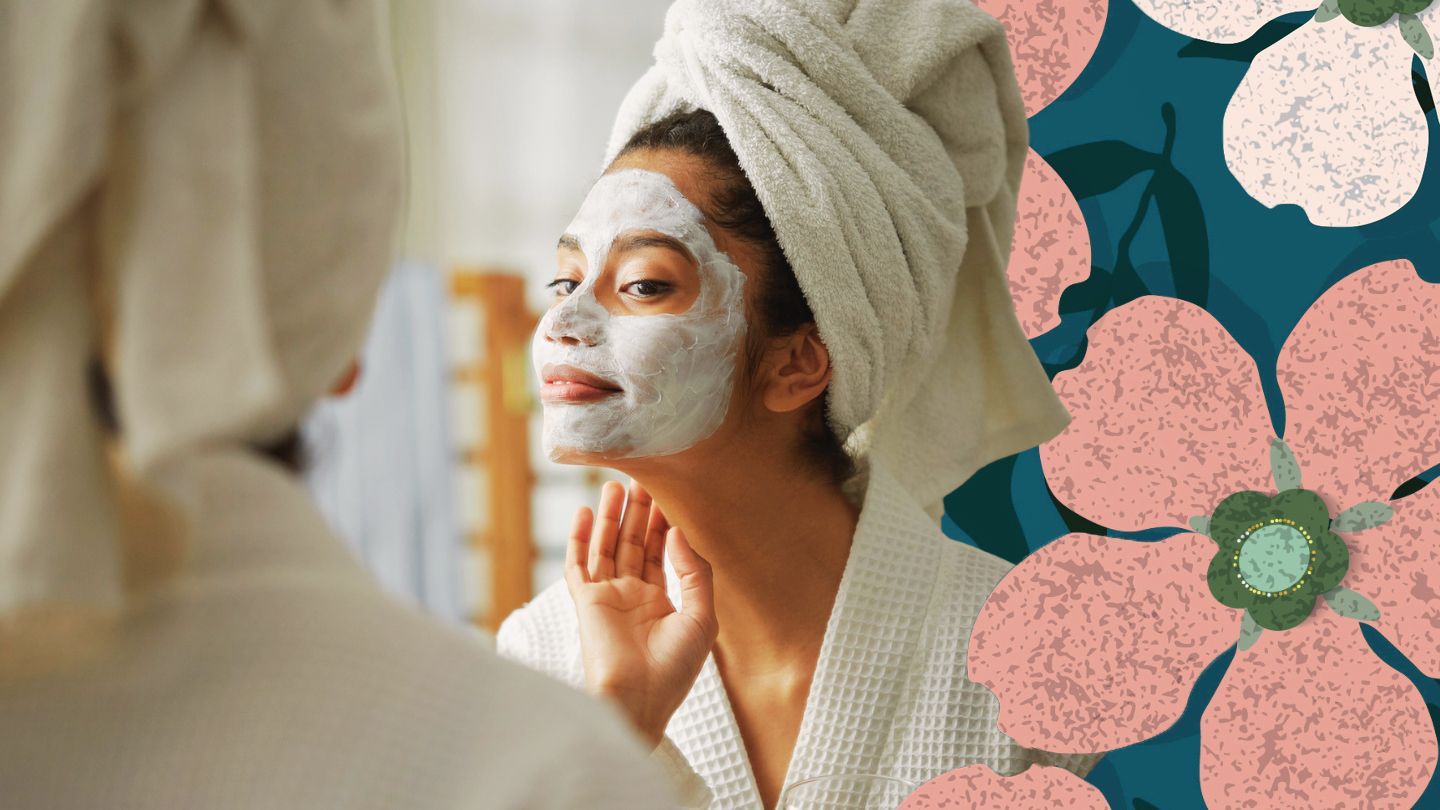
- Capture precious moments with your baby through photos or journals.
- Embrace your evolving hairstyle and experiment with different looks.
- Prioritize overall wellness to foster healthier hair growth.
► Fostering Self-Love and Confidence

- Recognize that your identity transcends physical appearance.
- Affirm yourself daily with positive declarations.
- Applaud your body’s resilience throughout pregnancy and childbirth.
- Engage in self-care practices to nurture self-esteem.
- Seek professional guidance for reassurance and tailored advice.
Final Reflections
In conclusion, dear new mothers and resilient warriors, embrace the journey of postpartum hair loss with confidence and humor! Remember, your beauty endures beyond transient challenges. Follow these survival strategies to reclaim your radiant mane swiftly. So, dear readers, approach the postpartum hair loss odyssey with a dash of assurance. After all, laughter remains the finest elixir for the hair! Before long, you’ll flaunt your resplendent locks once more, leaving everyone marveling at your triumphant return from the whirlwind of new motherhood.
Images credit: Google, Pinterest, Instagram.
